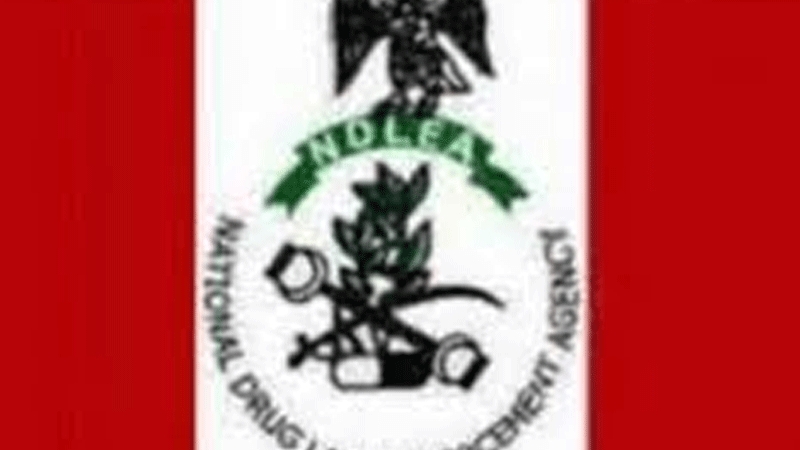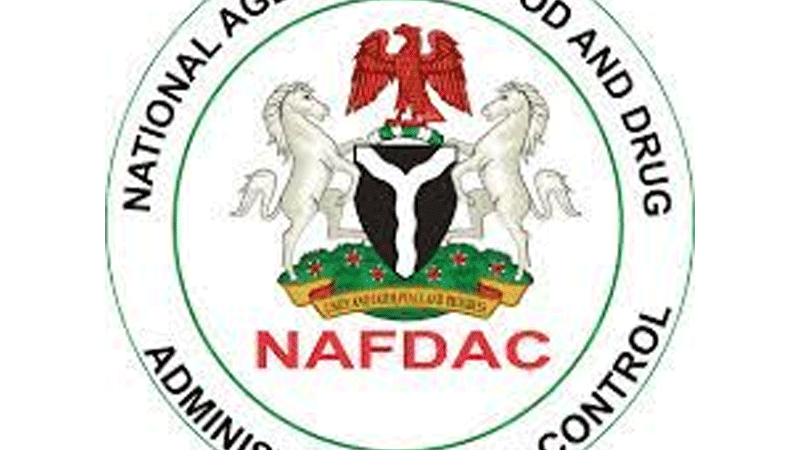All the stakeholders must do more to contain the problem of drug addiction
The noise about the link between the illicit codeine trade and drug abuse in the northern part of Nigeria seems to be ebbing. The frenzy generated by the British Broadcasting Corporation (BBC) report on the illegal use of the cough syrup and the almost dramatic response by relevant authorities was a welcome development. However, this may end up as another show off as has been the case with many unresolved issues in the country. Yet, the essence of the revelation must not be lost on us. It is time the relevant authorities woke up to their responsibilities.
Meanwhile, there are several questions begging for answers while a number of issues need to be resolved. Some of these questions include: Why did it take the projection of the BBC documentary before the Federal Ministry of Health could direct the National Agency for Food and Drug Administration and Control (NAFDAC), and National Drug Law Enforcement Agency (NDLEA) to ban further issuance of permits for codeine production to pharmaceutical companies? What have the authorities been doing in response to previous stories on the same issue by the local media as well as warnings by several stakeholders?
For the records, the Northern Governors Wives Forum (NGWF) has for over a year now, raised the alarm over an alleged growing rate of drug abuse by young women and youths in the region. The wife of the Niger State governor, Dr Amina Abubakar Bello, had at one of the numerous drug awareness and advocacy sessions last year lamented that the problem of drug abuse amongst youths had continued to exacerbate at an alarming rate, with Northern states at the top of the table for the highest cases of drug abuse and addiction. “Over the years, the problem had become very common with women in the North, as it had been reported that an increasing number of mothers and young girls engage in drug/substance abuse; codeine being the most abused among this group,†said Mrs Bello.
Her assertion was corroborated by key women figures, including wife of the President, Mrs. Aisha Buhari who lamented that drug abuse and addiction had now become a serious health and social issue rendering its user unproductive and dangerous. Despite the advocacy actions of these powerful women, nothing was done by the authorities. It is even more indicting that the husbands of these women who are the number one citizens of the states failed to heed the warning or take the matter more seriously.
However, to limit the whole fight against drug abuse in the north to one single substance of codeine will be the most disservice that would be done the whole struggle. Beyond codeine, there are many disingenuous ways and substances the northern youth, especially the young married women have devised to drug abuse. According to the founder, ‘House of Recovery’, Ms. Hadiza Aliko Mohammed, top among the substance of abuse are: codeine, cobwebs, cocaine, heroine and marijuana, among others.
There is no doubt that the challenge of drug abuse, especially in the north, is huge but it is not insurmountable. Some significant mileage has been achieved by the reaction of Nigerians and the rapid response of the government to the BBC documentary. Nevertheless, the real work is to design a sustainable and holistic approach that tackles drug abuse right from the source. We must discard the temptation and cosmetic approach of always treating the symptoms rather than the disease.
Resorting to blame game or using one or two pharmaceutical companies as scapegoats to paper the crack will not do. The Federal Ministry of Health, as well as monitoring, evaluation and enforcement agencies like NAFDAC and NDLEA, northern governors, leaders, parents and other stakeholders must join hands to tackle the menace posed by drug abuse in our country.



